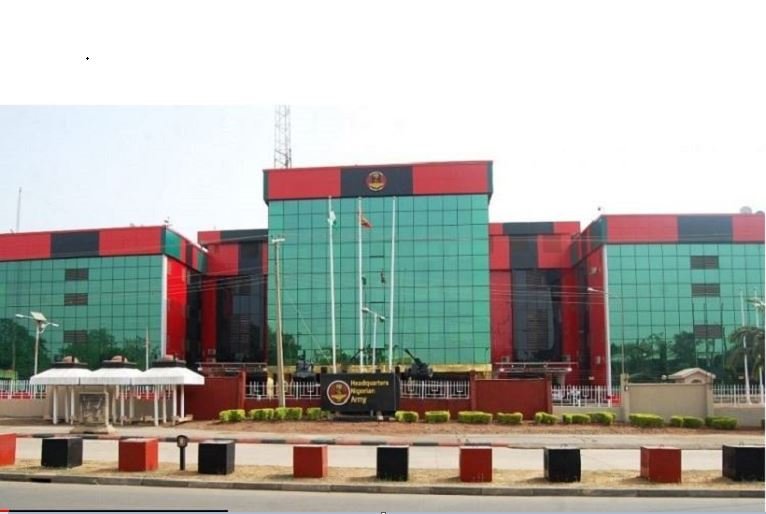
One of Nigeria’s most powerful men, who was jailed in Britain for money laundering and fraud in a landmark anti-corruption case, has returned home, his aides told AFP on Saturday.
“Chief James Ibori has arrived. He landed in Abuja in the early hours,” said Ighoyota Amori, a political adviser to Ibori, who was governor of the oil-rich Delta state between 1999 and 2007.
He said Ibori, who was released in London in December after serving just over four years of a 13-year jail term, would later fly to the southern port city of Warri in Delta state.
“A chartered private plane will fly him to Warri and he will land at Osubi airfield operated by Shell,” he added.
The former politician would be received at the airstrip by supporters and sympathisers who have lined up to welcome him back, he added.
“For now, it is going to be a quiet ceremony. An elaborate reception will be organised later for him at Oghara, his hometown,” he said.
Ibori’s media aide, Tony Eluemunor, also confirmed his arrival, saying only: “He is in town. I will keep you posted later.”
Ibori was jailed in April 2012 for fraud amounting to nearly 50 million pounds (at the time $78.5 million/62 million euros) following a drawn-out extradition procedure and his evasion of arrest and prosecution in Nigeria.

He had fled to Dubai in 2010, from where he was extradited to Britain.
– Rare blow against graft –
Anti-corruption campaigners say billions of pounds of ill-gotten wealth is moved each year through Britain, its overseas territories and dependencies and Ibori’s conviction was a rare success against global graft.
Ibori, 57, has vowed to appeal the conviction, claiming that at least one police officer involved in the investigation against him had been compromised by taking bribes.
London’s Metropolitan Police has said it has investigated the claim but no charges were brought.
Transparency International on Friday called Ibori’s intent to appeal “an affront to justice”.
“Ibori claims that the police who investigated him were themselves corrupt.
“All allegations of corruption against the police force must be taken with the utmost seriousness and independently investigated, and those found guilty should be held accountable,” it said.
“But this should have no bearing on the guilt of an individual who amassed an astonishing personal fortune, whilst his notional official salary as a state governor would typically have been no more than $25,000 annually,” it said.
“Attempts to mask his own corrupt dealings by highlighting corruption elsewhere must not be allowed to prevail.”
Opinions are divided in Nigeria itself about whether Ibori should face a fresh trial on his return given the strong anti-corruption stance of President Muhammadu Buhari.
Ibori is said to have partially funded the election of Umaru Yar’Adua in his successful bid to become president in 2007.
Even during his time in prison, he is said to have influenced the election of the current Delta state governor and other politicians.










